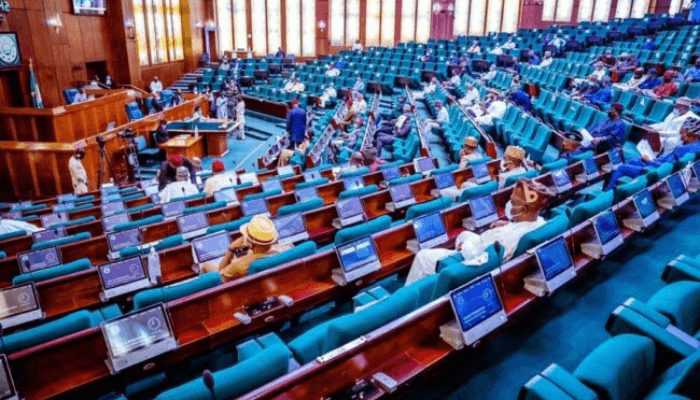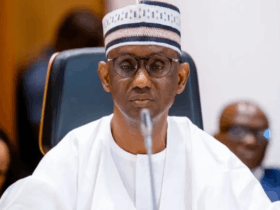Reps Push Forward Bill Requiring President to Present Budget by September

…introduces spending limits to enforce fiscal responsibility
The Nigerian House of Representatives has introduced a Bill proposing an amendment to the 1999 Constitution that would require the President to submit annual budget proposals to a joint session of the National Assembly by the final working day of September each year.
Sponsored by Deputy Speaker Benjamin Kalu alongside four other legislators, the amendment also mandates that audited financial reports covering the previous three years be presented alongside each new budget submission.
This legislative initiative seeks to embed fiscal discipline, improve transparency, and foster development-oriented budgeting practices at both federal and state government levels.
During the debate on the Bill’s core principles, co-sponsor Nkemkanma Kama highlighted the chronic issues undermining Nigeria’s budgeting system, such as late budget presentations, ineffective execution, and a disconnect between budget appropriations and audited outcomes.
“We have repeatedly seen the pitfalls in our budgeting cycle: budgets arriving late and being approved well into the fiscal year, Appropriation Acts that rarely reflect actual audited results, and fragmented, opaque fiscal reporting across federal and state governments. This Bill offers a structural solution by embedding accountability, transparency, and strategic foresight into the Constitution to govern budgeting at all tiers of government,” Kama explained.
The draft legislation, comprising four clauses, proposes changes to Sections 81 and 121 of the 1999 Constitution (as amended). Notably, it would constitutionally empower the President to present the annual budget to a joint session of the National Assembly, replacing the current practice of separate presentations to each chamber.
To encourage prudent and balanced public spending, the Bill stipulates that expenditures be categorized under five specific headings with defined minimum and maximum allocations: a minimum of 30% for infrastructure development, at least 20% for human capital investment, personnel expenses capped at 15%, administrative costs limited to 10%, and debt servicing not to exceed 25% of the budget.
Additionally, the Bill requires that preliminary expenditure reports accompany any supplementary budgets, along with five-year forecasts for infrastructure and human capital projects. These fiscal guidelines would also be extended to state governments.
Kama described the Bill as a “nationally significant reform” designed to ensure that Nigeria’s budget truly serves its citizens. He called on fellow lawmakers to endorse the Bill, emphasizing that it would establish “a lasting constitutional framework for fiscal discipline, development-focused spending, and transparent governance across all government levels.”
“This amendment aims to overhaul the budgeting process constitutionally, guaranteeing that fiscal activities are timely, data-driven, transparent, and aligned with real development goals,” he concluded.








Leave a Reply